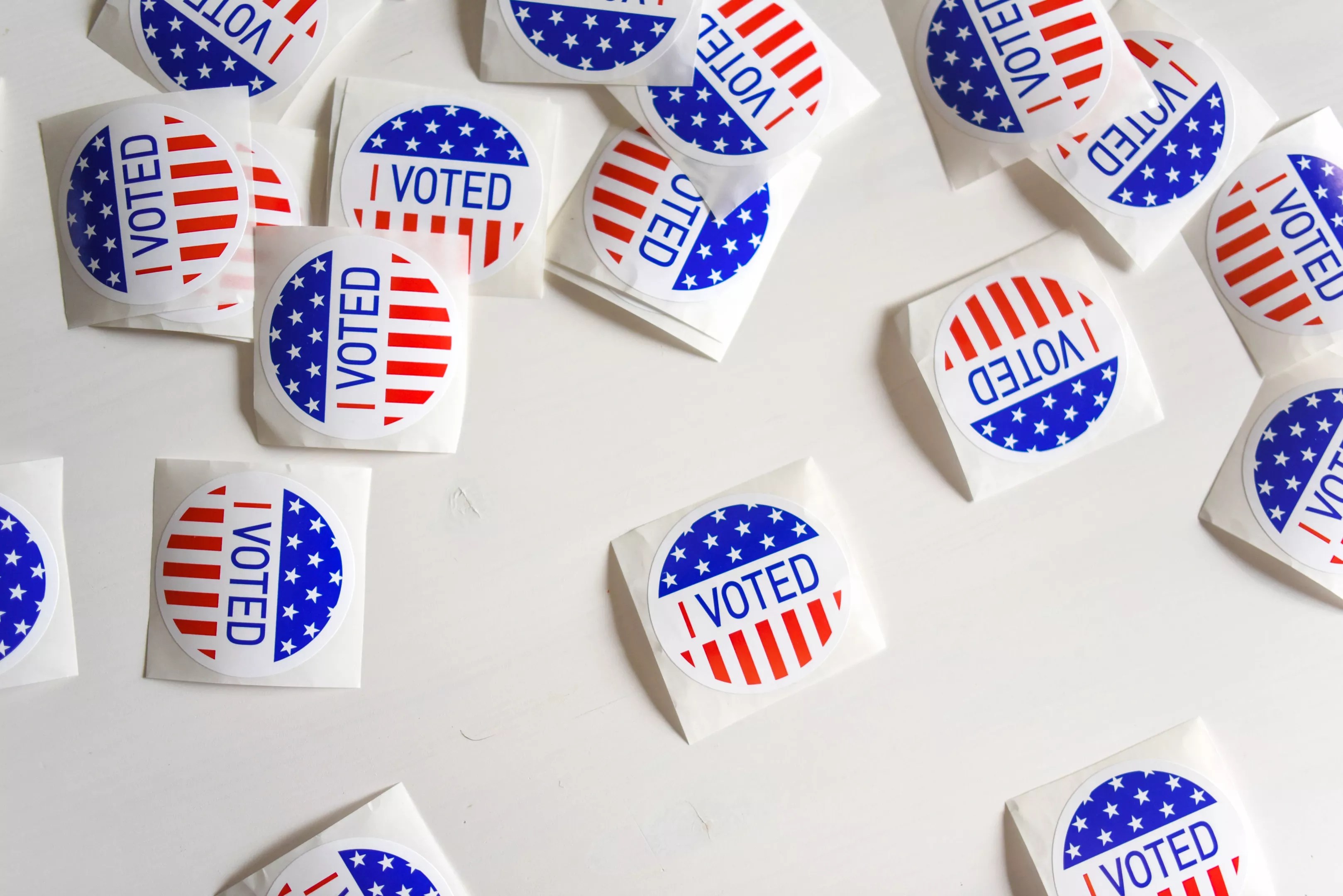

Audio By Carbonatix
Sheila Young waited 40 years to be able to vote without assistance. Young, who is blind, needed a sighted person to go to the polls with her from 1972 until 2012, when Florida made accessible voting machines with headphones that let her hear the ballot read aloud. Now with the novel coronavirus spreading across the state, she’s afraid she will once again have trouble exercising her right as a citizen.
Young, who lives in Orange County in Central Florida, joined a lawsuit this month led by civil rights groups Dream Defenders and New Florida Majority against Gov. Ron DeSantis and Secretary of State Laurel M. Lee seeking to change the state’s voting system ahead of general elections this fall.
The civil rights groups originally sued the governor and secretary of state in March to extend the vote-by-mail deadline for the presidential primary to encourage voters to follow social-distancing guidelines. The initial complaint fell on deaf ears, however, as Florida was one of a few states that did not postpone their primaries. In-person voting continued as usual, and two Broward County poll workers later tested positive for COVID-19.
The activists amended their complaint this month to focus on changing protocols for the upcoming elections and to add a group of new plaintiffs, including the LGBTQ+ youth advocacy group Zebra Coalition and Young, who is president of the Florida Council of the Blind.
The new complaint expands the scope of the lawsuit to demand that the state provide more options for people with disabilities and language barriers, expand early voting locations and dates, provide a better online voter registration system, and improve the vote-by-mail process so that it doesn’t disenfranchise groups who have historically had their mailed ballots rejected.
The plaintiffs cited a recent study from political science experts at the University of Florida and Dartmouth College that found that in the 2018 general election in Florida, voters between 18 and 29 years old were, by and large, the group most likely to have vote-by-mail ballots rejected. The study also found that Hispanic and black voters were twice as likely to have their ballots rejected as white absentee voters.
“Vote by mail is not equally accessible to all voters. People are being left out,” says Stuart Naifeh, senior counsel for the political think tank Demos and an attorney for the plaintiffs.
The state has not yet filed a response to the updated complaint.
When someone sends in a ballot by mail and elections staffers deem the ballot or signature to be suspicious, they invalidate it and notify the voter that they can appeal and “cure” their ballot to prove it was real. But the window to do so is only two days after the election, which advocates say is too short for most people to validate their votes. They want to extend the deadline to 15 days after the election.
The civil rights groups also want the deadline for vote-by-mail ballots to be on actual Election Day, which will be November 3 this year.
For blind voters like Young, it’s especially important to have a better vetting process for mailed ballots, since their signatures change all the time.
“Blind people’s signatures change constantly, especially if they’re low-vision or completely blind,” she tells New Times. “Signatures change on a daily basis.”
The plaintiffs also argue that voter registration needs to be overhauled in the lead-up to November. With Department of Motor Vehicles and Supervisor of Elections offices closed because of the pandemic, potential voters must register online via the state’s website, which the lawsuit says disenfranchises lower-income residents.
“It makes assumptions about people having Wi-Fi, computers, and printers,” says Gilda Daniels, litigation director for the Advancement Project, a racial justice nonprofit. “We’re asking that they would adjust the registration process and address issues with the system.”
The lawsuit also seeks bilingual ballots for voters who speak Spanish and a drop-box voting system for voters without a permanent address, including homeless people and at-risk youth. The groups also want the state to do more outreach to let voters know their options.
“Folks need the assistance and options. Not just vote-by-mail,” says attorney Kira Romero-Craft.
Although Florida counties are beginning to open back up, the attorneys say that has no bearing on the case since so much is still unknown about the virus. And they say the implications of their suit reach beyond the current pandemic.
“It was impossible to predict that Disney would close down, that schools would cancel without a hurricane. It’s unquestionable that things have to change,” says Romero-Craft.